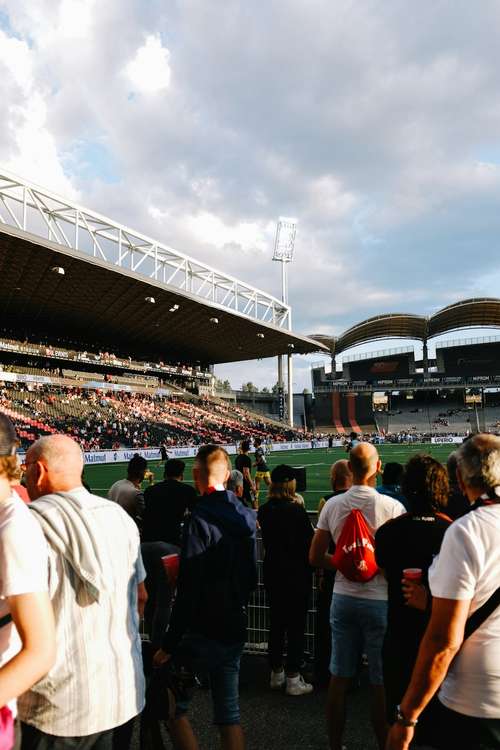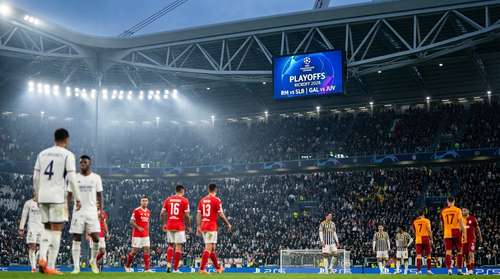In a thrilling evening of football that had fans on the edge of their seats, Spain and England booked their places in the Euro 2024 final, each overcoming formidable opponents in France and the Netherlands respectively. Here’s how the drama unfolded and the tactical battles that swung the results in favor of the victors.

Spain Overcome French Resistance
In Munich, the clash between Spain and France was billed as a duel of footballing philosophies—Spain’s possession-based game against France’s explosive counter-attacking style. From the outset, the match lived up to its high expectations. France, utilizing their pacey attackers, struck first. Kylian Mbappé, always a threat with his blistering speed, broke through Spain's defensive line in the 17th minute to slot home a clinical finish, giving Les Bleus an early lead.
However, Spain’s response was measured and tactical. Coach Luis de la Fuente’s side patiently built their plays, maintaining possession and probing for weaknesses in the French setup. This approach paid dividends in the 54th minute when Rodri, the heartbeat of Spain's midfield, rose highest to nod home a perfectly delivered corner kick. The goal was a testament to Spain's balanced threat—capable of intricate passing plays as well as capitalizing on set-pieces.
The decisive moment came in the 79th minute, courtesy of Spain's teenage sensation, Lamine Yamal. Breaking on the counter, Yamal showcased his burgeoning talent by weaving through the French defense and firing a precise shot past the goalkeeper. It was a goal that highlighted his potential and underscored Spain’s ability to blend experienced poise with youthful exuberance.

England’s Set-Piece Prowess Downs the Dutch
The second semifinal in Dortmund saw England facing a resilient Dutch team. The English, under Gareth Southgate, have developed a reputation for thriving in tight matches, and this encounter was no exception. England took the lead in the 29th minute through Jude Bellingham, who continued his standout tournament with a surging run and a composed finish, underscoring why he’s considered one of the finest midfield talents in the game.
The Netherlands, never a side to back down, found an equalizer in the 68th minute through Memphis Depay’s superbly executed free-kick. Depay, who has been the focal point of the Dutch attack, curled his shot over the wall and into the net, setting the stage for a tense finale.
However, England’s proficiency in set-pieces proved to be the deciding factor. In the 83rd minute, Harry Kane, known for his aerial ability and clutch performances, headed home from a corner kick. It was a goal that not only demonstrated England’s strategic execution but also highlighted Kane’s importance to the team, particularly in crucial moments.
Tactical Analysis
Spain’s victory can be attributed to their adaptive gameplay. Coach de la Fuente’s strategy to control the tempo of the match allowed Spain to recover from an early setback and impose their style on the game. Their ability to switch from possession play to quick counters was key in unlocking the French defense.
For England, the win was a testament to their tactical discipline and mental toughness. Southgate’s emphasis on defensive solidity and set-piece training came to the forefront. England's ability to leverage moments from dead-ball situations reflects a team that is well-prepared and aware of its strengths.
As both teams prepare for what promises to be a spectacular final, the tactical nuances and the leadership of both coaches will once again be under scrutiny. For Spain and England, their paths to the final have been a blend of strategic planning and exploiting key moments, setting up a finale that no football fan will want to miss.




